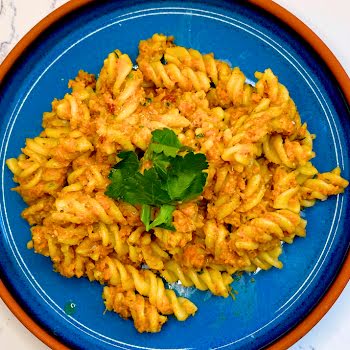
‘Hanger’ (anger because of hunger) is a real thing, according to a new scientific study
By Amanda Cassidy
23rd Sep 2022
23rd Sep 2022
European scientists have found evidence that there is a link between hunger and negative emotions. Using smartphone apps to capture feelings of so called ‘hanger’ – feelings of hunger and emotional fallout, they discovered that craving food can have an unconscious influence on how we handle negative emotions.
The word hanger was coined as far back as 1918 to describe irritability or anger due to being hungry. Now a new study carried out by UK and Austrian experts has put hunger and feelings under the spotlight.
Their results find that hunger may indeed be closely tied to feelings of anger and irritability.
Advertisement
121 adults, and 64 completed the study, ranging in age from 18 to 60 years, who downloaded an app to input their data and guarantee anonymity.
Emotional reaction
In an interview with Medical News Today, Dr. Swami explained why they used self-reporting.
“We didn’t measure physiological markers of hunger. However, self-reports of hunger (i.e., how participants subjectively experience their levels of hunger) are meaningful in the context of emotionality. Because self-reported hunger likely depends on an awareness of hunger cues, it can perhaps be assumed that it reflects the extent to which physiological effects of hunger have translated into awareness and attributional processes. “
“As such, self-reported hunger remains valuable in its own right, especially as hunger ratings are reliable both when made immediately and after several days when tested under similar conditions,” he added.
Fluctuations
The data found that hunger can easily morph into “hanger.”
Hunger correlated with a 56% variance in irritability, a 48% variance in anger, and 44% variance in pleasure among the study’s participants. In addition, these coincided with day-to-day fluctuations in hunger and average hunger levels over the three-week period.
Advertisement
In other words, hunger may not automatically lead to negative emotions, but given that inferences about the meaning of affect tend to be relatively automatic and unconscious, it may not take much for hungry individuals to experience anger and irritability.
This article was originally published in July 2022.























